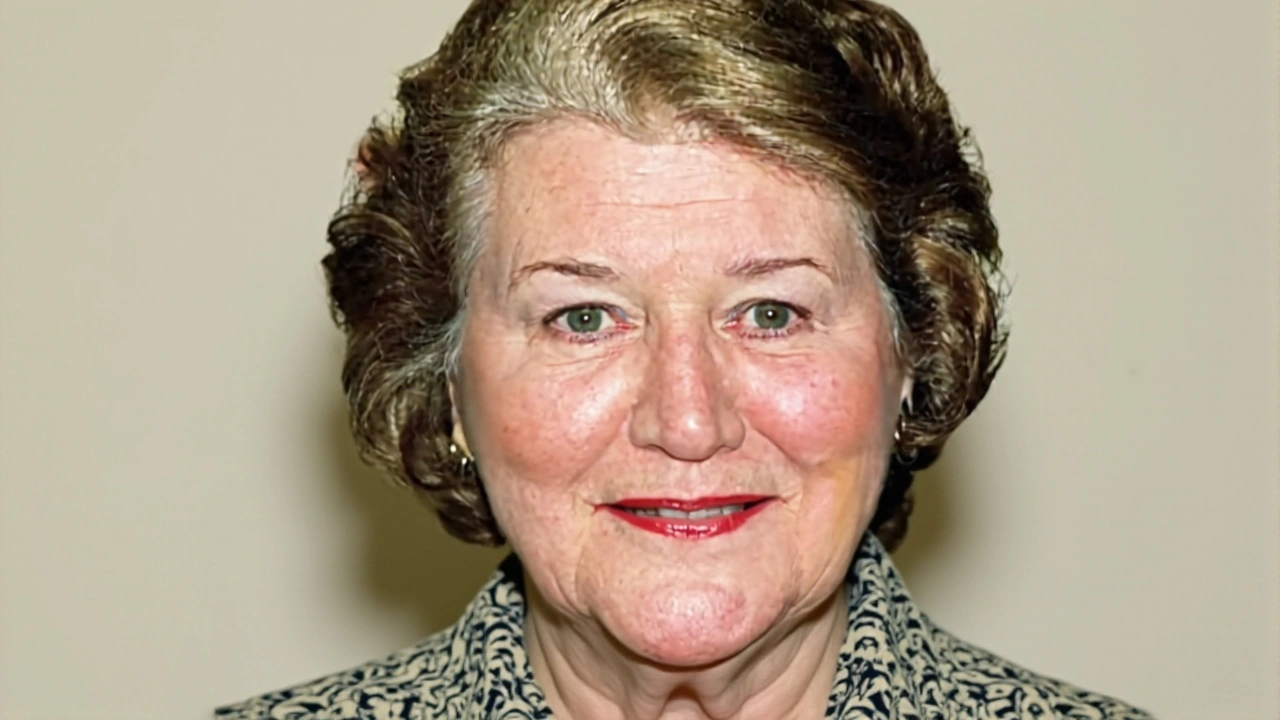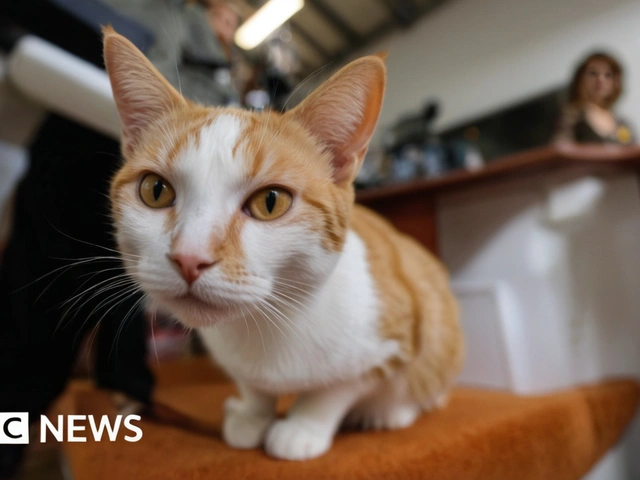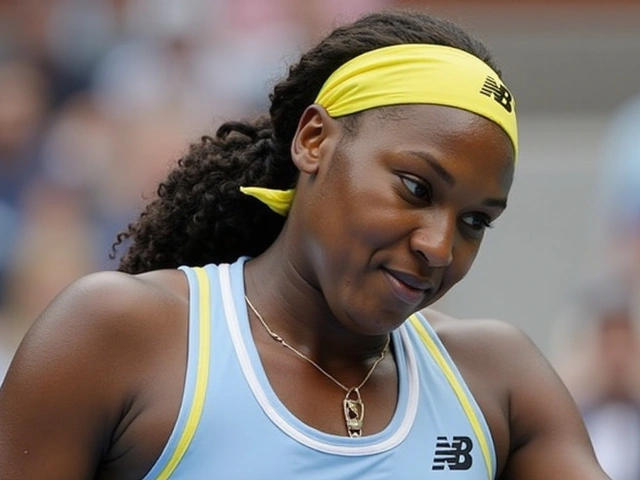British Comedy: From Classic Sit‑Ups to Modern Satire
When talking about British comedy, a tradition that blends wit, irony, and everyday absurdity, also known as UK humour, it’s impossible to ignore its global influence. Did you know the very first television sitcom, "The Grove Family," premiered in Britain in 1954 and set the template for generations? British comedy isn’t just a genre; it’s a cultural engine that fuels satire, stand‑up, and even drama. Below we’ll unpack the key pillars that make this style so distinctive.
Core Pillars: Sitcoms, Satire, and Stand‑Up
The backbone of sitcom, short for situational comedy, features recurring characters in familiar settings, often the living room or the office. Classic examples like "Fawlty Towers" and "Only Fools and Horses" illustrate how a simple premise can launch a cultural phenomenon. A semantic triple here: British comedy includes sitcoms, sitcoms require recurring characters, and recurring characters create audience attachment.
Satire is the second heavyweight. satire, a sharp, often political form of humor that exposes hypocrisy, thrives in British comedy because of the country’s long‑standing tradition of debating power. Shows like "Yes, Minister" and "The Thick of It" use exaggerated bureaucratic dialogue to critique real‑world policies. The relationship is clear: British comedy uses satire, satire influences public perception, and public perception feeds back into new satirical content.
Stand‑up comedy rounds out the trio. stand‑up comedy, a solo performance where a comic delivers jokes directly to an audience, emerged in UK clubs in the 1970s before exploding globally. Legends like Eddie Izzard and modern stars such as Michael McIntyre demonstrate how personal storytelling can spark nationwide trends. In fact, stand‑up often informs sitcom writing, and sitcom writers borrow punchy one‑liners from the stand‑up playbook.
The British Broadcasting Corporation (BBC, the public service broadcaster that has nurtured comedy talent for decades,) acts as the launchpad for all three pillars. From the early radio series "The Goon Show" to today’s streaming hits, the BBC’s commissioning model provides a testing ground for daring ideas. This synergy explains why British comedy remains fresh: the BBC supports new writers, writers push the BBC’s boundaries, and audiences reward bold experimentation.
Over the past 70 years, British comedy has moved from stage‑talks to digital sketches, but the core DNA stays the same: clever wordplay, a love of the underdog, and a willingness to poke fun at authority. Whether you’re watching a period piece like "Dad’s Army" or a contemporary clip from "Taskmaster," you’re seeing the same formula at work – characters in familiar settings, layered with wit, and delivered with perfect timing. This blend of tradition and innovation makes the tag British comedy a living archive, ready for new eyes and ears.
Now that you’ve got the lay of the land, scroll down to see our curated collection of articles that dive deeper into each sub‑genre, profile breakthrough comedians, and dissect how British comedy continues to shape global humor. Happy reading!
Dame Patricia Routledge, ‘Hyacinth Bucket’ star, dies at 96
By Sfiso Masuku On 3 Oct, 2025 Comments (13)

Dame Patricia Routledge, famed for Hyacinth Bucket, dies at 96 in Chichester. Her seven‑decade career, awards and influence on British comedy are celebrated worldwide.
View More




